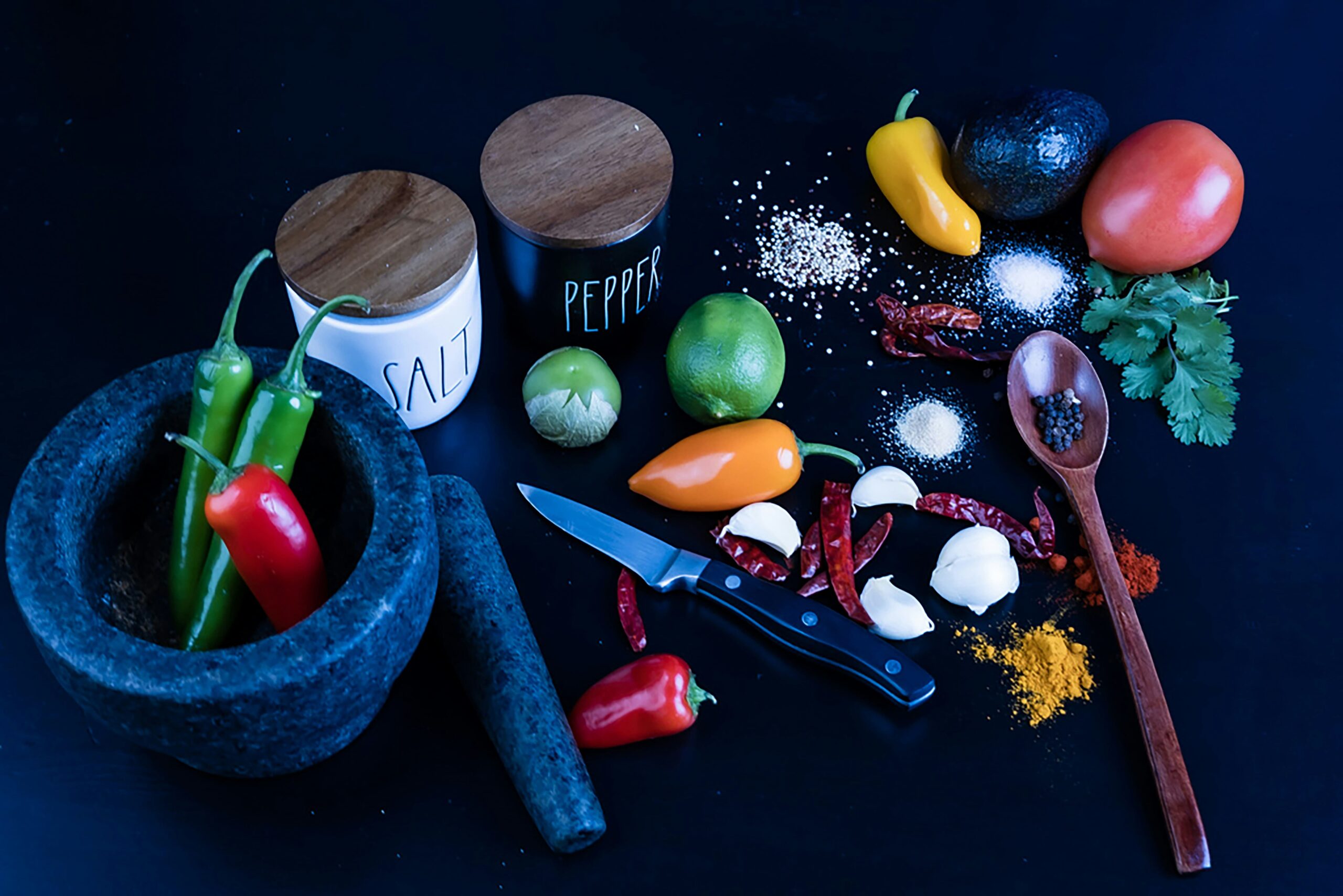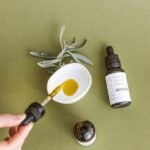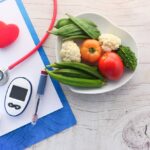Now Reading: Recipes for Addiction Recovery: Nourish Your Body, Reduce Cravings, and Support Long-Term Wellness
-
01
Recipes for Addiction Recovery: Nourish Your Body, Reduce Cravings, and Support Long-Term Wellness
Recipes for Addiction Recovery: Nourish Your Body, Reduce Cravings, and Support Long-Term Wellness
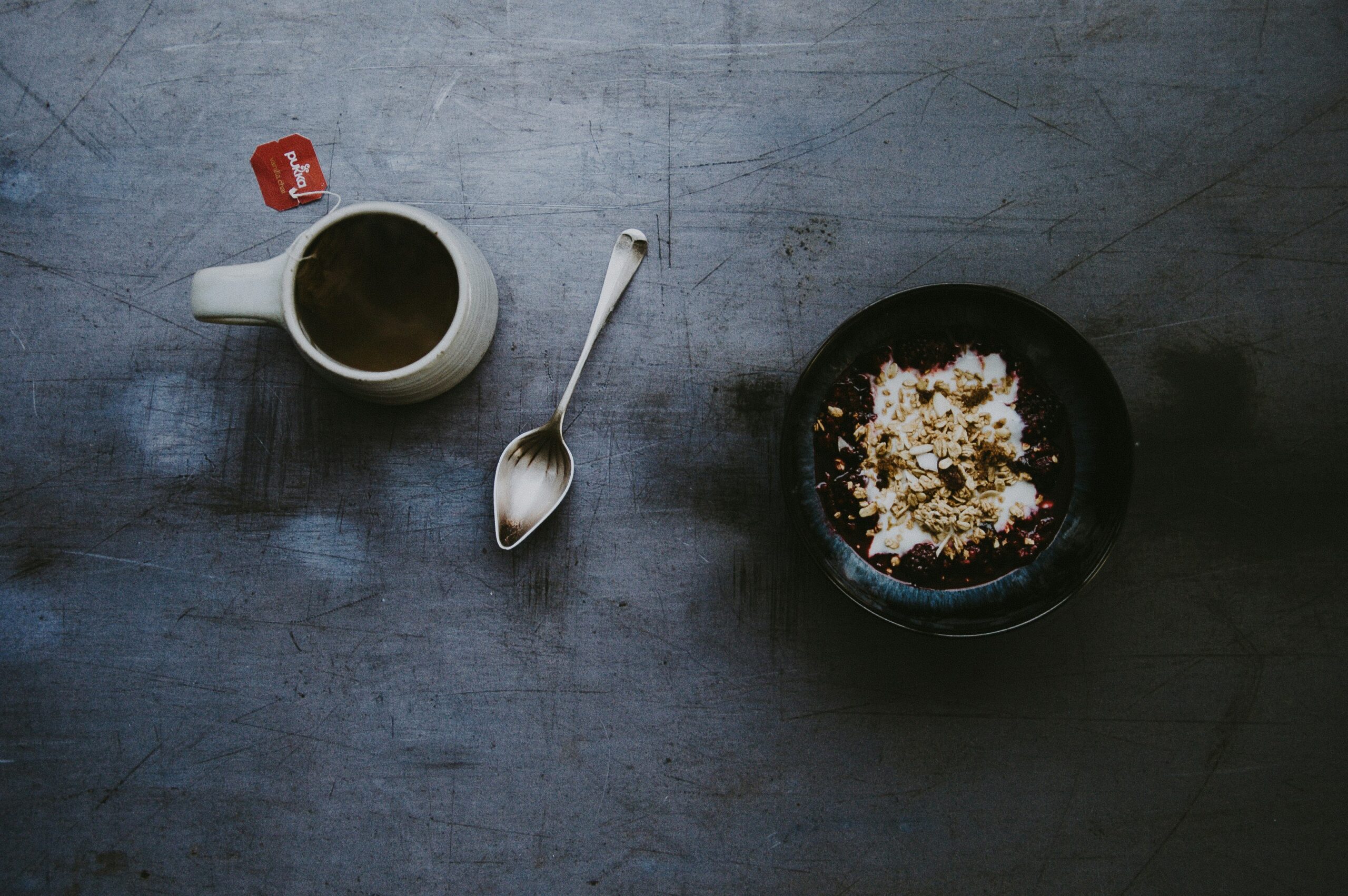
Recovering from addiction is a journey of healing—physically, mentally, and emotionally. One of the most important ways to support this journey is through food. Eating the right meals can help reduce cravings, restore energy, repair the body, and boost overall wellness. In this article, we will explore recipes for addiction recovery that are nourishing, simple to prepare, and powerful in their healing benefits.
Why Food Matters in Addiction Recovery
Substance use often leads to nutrient deficiencies, blood sugar imbalances, and poor gut health. According to the Substance Abuse and Mental Health Services Administration (SAMHSA), many individuals in recovery experience low levels of essential vitamins and minerals, including B vitamins, magnesium, zinc, and amino acids. These nutrients play a key role in mood regulation, energy production, and brain function.
Using the right recipes for addiction recovery helps:
- Rebuild brain chemistry
- Improve mood and focus
- Balance blood sugar to reduce cravings
- Strengthen the immune system
- Heal the gut and improve digestion
Key Nutrients to Focus On
Before diving into recipes, let’s highlight some key nutrients and their benefits:
- Protein: Repairs tissues and supports neurotransmitter production.
- Omega-3 fatty acids: Improve brain health and reduce inflammation.
- B vitamins: Boost energy and support the nervous system.
- Magnesium and zinc: Help reduce stress and stabilize mood.
- Probiotics: Restore gut health, which supports immunity and mental clarity.
The recipes below are rich in these nutrients and easy to prepare, making them ideal for anyone in recovery.
Breakfast Recipes for Addiction Recovery
1. Oatmeal with Berries and Walnuts
Ingredients:
- 1 cup rolled oats
- 2 cups water or unsweetened almond milk
- 1/2 cup mixed berries (blueberries, raspberries)
- 2 tbsp chopped walnuts
- 1 tsp ground flaxseed
- 1 tsp honey (optional)
Why it helps: Oats are a complex carbohydrate that stabilizes blood sugar, while berries provide antioxidants. Walnuts and flaxseeds offer omega-3s, and honey adds a natural touch of sweetness.
2. Greek Yogurt with Chia Seeds and Banana
Ingredients:
- 1 cup plain Greek yogurt
- 1 tbsp chia seeds
- 1 sliced banana
- A sprinkle of cinnamon
Why it helps: Greek yogurt is rich in protein and probiotics. Chia seeds contain fiber and omega-3s, and bananas support serotonin production for a better mood.
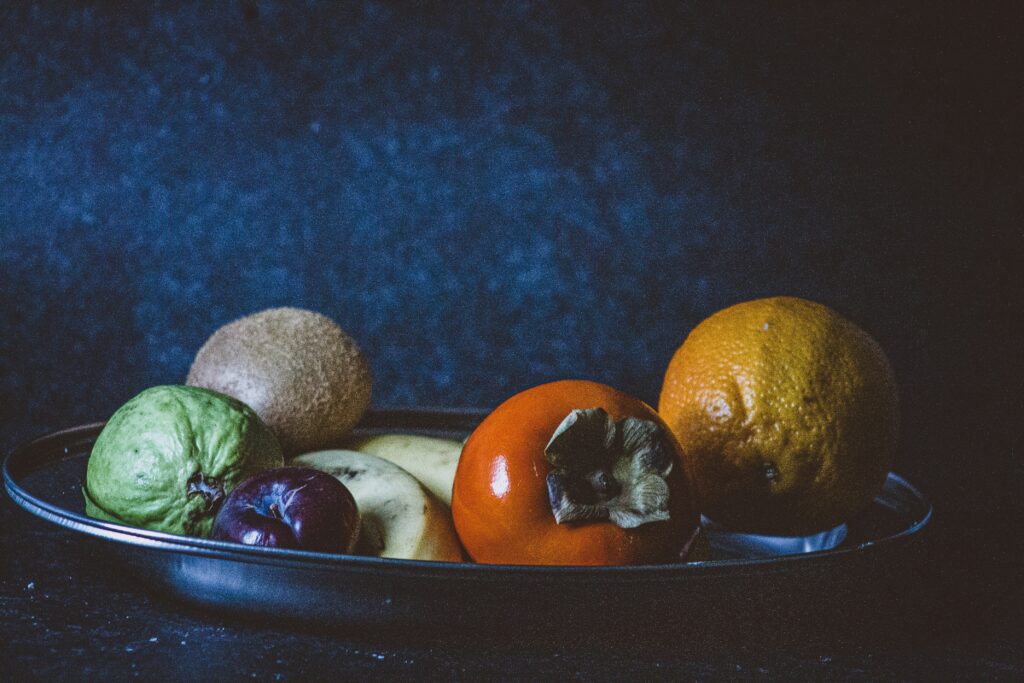
Lunch Recipes for Addiction Recovery
3. Quinoa Salad with Chickpeas and Avocado
Ingredients:
- 1 cup cooked quinoa
- 1/2 cup canned chickpeas (rinsed)
- 1/2 avocado, diced
- 1/4 cup chopped cucumber
- 1/4 cup cherry tomatoes
- Juice of 1 lemon
- 1 tbsp olive oil
- Salt and pepper to taste
Why it helps: This protein-packed salad provides fiber, healthy fats, and essential vitamins. Quinoa is a complete protein, and avocado supports brain health.
4. Lentil Soup with Spinach and Carrots
Ingredients:
- 1 cup dried lentils
- 1 chopped onion
- 2 chopped carrots
- 2 cups spinach
- 4 cups vegetable broth
- 2 cloves garlic
- 1 tsp turmeric
Why it helps: Lentils are high in fiber and iron. Spinach provides magnesium and folate, and turmeric has anti-inflammatory properties. This soup is both healing and filling.
Dinner Recipes for Addiction Recovery
5. Baked Salmon with Steamed Broccoli and Brown Rice
Ingredients:
- 1 salmon fillet
- 1 cup broccoli florets
- 1/2 cup cooked brown rice
- 1 tsp olive oil
- Lemon juice, salt, and pepper
Why it helps: Salmon is rich in omega-3s, which help rebuild brain health. Brown rice provides complex carbs, and broccoli supports detoxification.
6. Stir-Fried Tofu with Vegetables
Ingredients:
- 1/2 block firm tofu, cubed
- 1 cup mixed vegetables (bell peppers, zucchini, carrots)
- 1 tbsp low-sodium soy sauce
- 1 tbsp sesame oil
- 1 tsp ginger
Why it helps: Tofu is a plant-based protein that supports muscle repair. Vegetables provide antioxidants, and ginger aids digestion.
Snack Ideas to Curb Cravings
- Trail Mix: A handful of almonds, pumpkin seeds, and dried cranberries.
- Hummus with Carrot Sticks: Great for protein and fiber.
- Apple Slices with Nut Butter: Naturally sweet with healthy fats.
Tips for Making Meals Work in Recovery
- Plan ahead: Prepare meals in batches to avoid reaching for unhealthy snacks.
- Stay hydrated: Drink water or herbal teas throughout the day.
- Limit sugar: Natural sweetness from fruits is enough.
- Eat regularly: Stick to three meals and two small snacks daily to maintain blood sugar levels.
Final Thoughts
Eating nourishing food is one of the most powerful acts of self-care during recovery. These recipes for addiction recovery are simple, balanced, and rich in the nutrients your body needs to heal. They help stabilize mood, reduce cravings, and give you the energy to move forward.
Remember, recovery is not just about avoiding substances—it’s about rebuilding a healthy, joyful life. Start with your next meal. Make it one that supports your journey.
Sources:
- Substance Abuse and Mental Health Services Administration (SAMHSA). Nutrition and Addiction Recovery.
- National Institute on Drug Abuse (NIDA). The Role of Nutrition in Recovery.

Hi, I’m Kristi Jenkins, a passionate blogger and content writer with a love for storytelling. With years of experience in writing engaging and insightful articles, I focus on topics like mental health, lifestyle, and personal growth. My goal is to create content that inspires, educates, and connects with readers on a deeper level.















